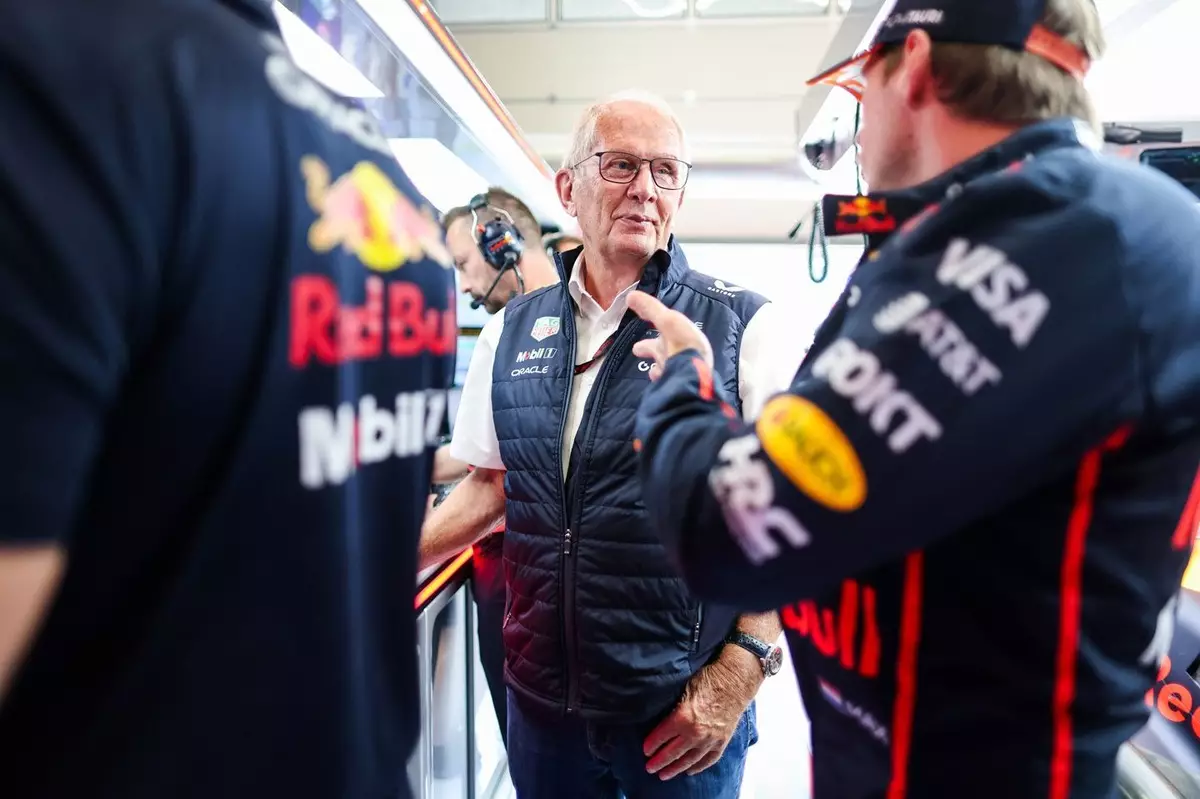Max Verstappen’s recent performance downturn at the Austrian Grand Prix marked a stark departure from his usual dominance. A race marred by unforeseen incidents—most notably a collision and subsequent retirement—underscores the volatile nature of Formula 1, even for the sport’s most talented. This particular incident, where Verstappen was eliminated on the first lap after contact with a rookie, revealed vulnerabilities that many believed he had long since transcended. Such setbacks can be viewed as temporary setbacks, but for a driver of Verstappen’s caliber, they act as a painful reminder of how quickly the tides can turn in high-octane motorsport.
The incident was not an isolated problem but part of a broader pattern of inconsistency that questions the sustainability of Verstappen’s relentless streak. Dropping behind Oscar Piastri by more than 60 points in the championship standings isn’t just a statistic; it is a symbol of the fragile edge that champions walk—one misstep away from losing grip on supremacy. This new reality is forcing the Dutch driver and his team to reevaluate both their approach and their resilience in the face of adversity.
Red Bull’s Confidence and the Shadow of Contractual Clauses
Despite a series of setbacks, Red Bull’s management remains remarkably optimistic about Verstappen’s long-term future with the team. Helmut Marko, a seasoned advisor, deflected concerns about imminent exits by emphasizing the strength of Verstappen’s contractual commitments until 2028. His phrasing—a somewhat defensive reassurance—suggests that internal protections are in place to shield Verstappen from any premature departure triggered by poor results.
However, this verbal reassurance does little to quell the growing speculation among fans and pundits. The mention of “performance-related exit clauses” hints at an underlying recognition that the sport’s high stakes could prompt strategic shifts if results do not meet expectations. These clauses, often privately negotiated, serve as a safety net for both the driver and the team, and their presence implies that no contract is entirely immune to the harsh realities of competitive failure.
Yet, Marko’s comments embody a strategic optimism, asserting that the team’s focus remains on stability rather than upheaval. Still, his admission that he can’t recall the clauses in detail subtly reveals the complex and often opaque nature of driver contracts—a reminder that assurances are, at best, a surface layer over a more intricate negotiation landscape.
Verstappen’s Silence and the Question of Future Loyalty
One of the most telling aspects of Verstappen’s recent behavior was his reluctance to publicly reaffirm his commitment to Red Bull. When asked directly about his future, his curt response about not needing to discuss it signals either strategic hesitation or a deeper emotional distancing. Drivers often use equivocation to maintain flexibility; Verstappen’s ambiguous replies could be a way of guarding against premature commitments amid the current turbulence.
More broadly, his silence hints at a consciousness—possibly even concern—about how his career trajectory might be impacted by recent results. Although Verstappen’s contract binds him to Red Bull until 2028, such agreements are often laced with clauses that allow exits under certain conditions. The irony lies in how these contractual protections can become double-edged swords; they provide security but can also serve as a fallback for a driver feeling marginalized or disillusioned.
The Psychological Toll and the Road Ahead
For a four-time world champion used to commanding races, this period represents a significant psychological challenge. The confidence that once made Verstappen seemingly unbeatable is seemingly tested, with recent DNFs and lackluster finishes scratching at his mental fortitude. Yet it’s precisely during these moments that true champions demonstrate resilience—adapting, pushing, and maintaining focus despite adversity.
The fact that Verstappen has chosen not to publicly confront the evolving situation head-on could be interpreted in different ways: either as strategic silence or as an indication that he’s internally processing how best to navigate his career path. The coming races will undoubtedly be crucial in shaping not only his championship prospects but also the narrative of his time with Red Bull. If he managed to break his drought soon, that would reaffirm his status; if not, questions about his future might reemerge more fervently.
In the end, the current situation underscores a reality that defines all top-tier athletes: passing through storms of doubt and setbacks is part of the journey toward greatness. Verstappen’s next moves—both on and off the track—will likely reveal whether he views setbacks as temporary hurdles or as signs that a new chapter may be on the horizon. Power, resilience, and a little bit of strategic ambiguity will define his path forward.


Leave a Reply